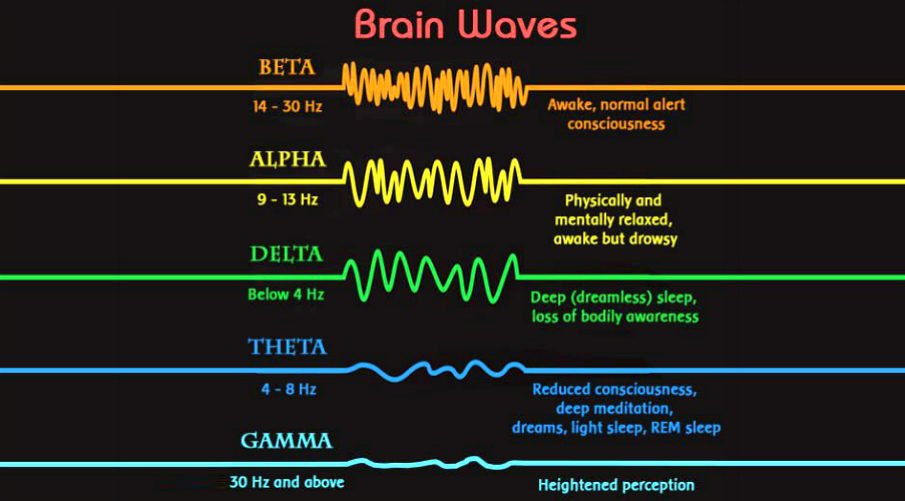Insomnia can result from stress and anxiety, chronic pain and other causes like broken sleep patterns or the inability to get back to sleep during the night. Many people try all sorts of tips, tricks and treatments to try to get their sleep back on track. Hypnotherapy is on the top of the list for dealing with sleep problems. Simple but fundamental changes to your habits and environment, known as ‘sleep hygiene’, can make a world of difference to many people. But they don’t work for everyone. For example in the case of sleeping in bed with a new partner, it can triggered sleepless nights. Both cognitive behavioural therapy and hypnotherapy have been used successfully to treat insomnia.
Co-sleeping
When you begin a new relationship and share a bed, issues such as snoring, duvet hogging and hopping between homes can take a while to get used to. For some couples, sleep issues persist and can put a strain on the relationship.
Millions of people around the world share their bed with a partner. Sleeping together can be an expression of intimacy, a bonding experience that deepens a romantic relationship. But not everyone finds it easy to share a bed. A recent study by America’s National Sleep Foundation found that at least 30% of those surveyed would like to sleep separately from their significant other. And 10% had a previous relationship end over sleep issues.
An overview of research on couple sleeping in 2016 revealed that men and women respond differently to the presence of a bed partner, and co-sleeping is generally more disturbing for women than for men.
The usual suspects – snoring, movement and heat transference – can make it difficult for one or both partners to get a good night’s sleep, though research suggests most couples adapt eventually.
However, if this continues and you feel that you don’t get enough sleep, or you don’t wake from sleep refreshed you may be suffering from insomnia which is a sleep disorder. People with insomnia have one or more of the following symptoms, often over a prolonged period of time:
- difficulty falling asleep;
- waking up often during the night and having trouble going back to sleep;
- waking up too early in the morning;
- unrefreshing sleep.
- Insomnia can cause problems during the day such as sleepiness, fatigue, difficulty concentrating, and irritability.
- Insomnia is not defined by the number of hours you sleep, the amount of sleep a person needs varies, often according to age and circumstances. While most people need between 7 and 8 hours of sleep a night, some people do well with less while others need more to function well.
- Insomnia tends to increase with age and affects about 40% of women and 30% of men. Research shows that the productivity and efficiency of long term insomnia sufferers can be reduced by as much as 30%.
How can we help you with insomnia and why hypnotherapy promotes sleep
Hypnosis removes the obstacles to sleep while at the same time inducing brain wave patterns that promote and are conducive to falling asleep quickly and deeply. As you can see from the diagram below, regenerative good quality sleep, the kind of sleep you need to function well on an ongoing daily basis, occurs when your brain wave activity slows to delta.

Hypnosis will train your mind to access this pattern of brain wave activity more easily and quickly and because this transition occurs smoothly and effortlessly good quality sleep is maintained for longer periods of time. Using hypnosis will enable you to regain healthy and normal sleep cycles.The Deep Sleep program is designed to not only ensure that you can get to sleep in a natural way, it will also give you the ability to get back to sleep quickly should you awaken during the night. Using hypnotherapy, counselling and cognitive-behavioural therapy your therapist will help you to:
- deal with any issues such as stress or anxiety that prevent you from drifting to sleep;
- teach you self-hypnosis techniques that will allow you to quickly access Theta brain wave activity so that you will access natural Delta sleep patterns and enjoy restorative sleep;
- teach you unique ways of getting back to sleep should you awaken.https://www.halaxy.com/book/clinic-lang/location/720011
Source:https://www.brisbanehypnosisclinic.com.au/improve-your-life-with-hypnosis/hypnotherapy-for-insomnia-and-sleep-difficulties/
Source:https://patient.info/news-and-features/can-hypnotherapy-help-insomnia
